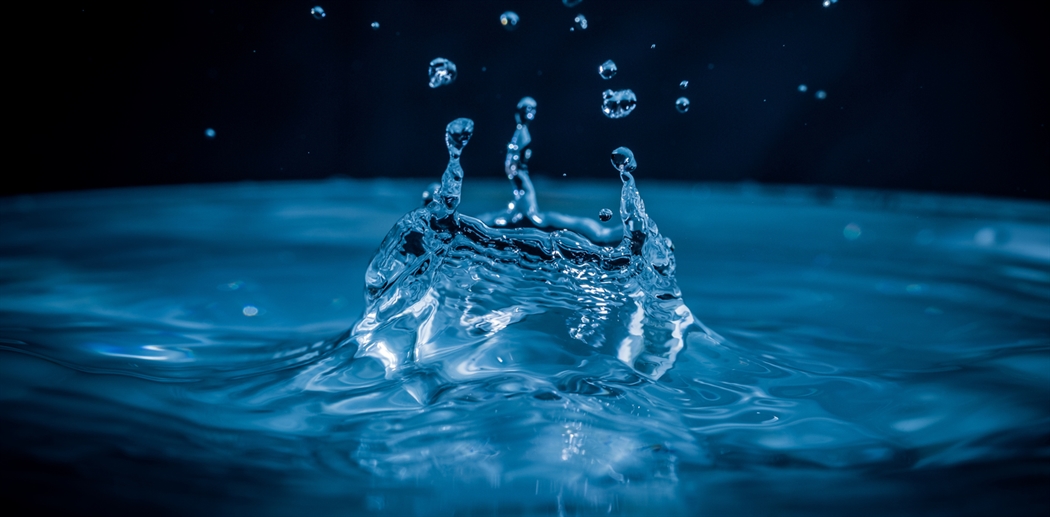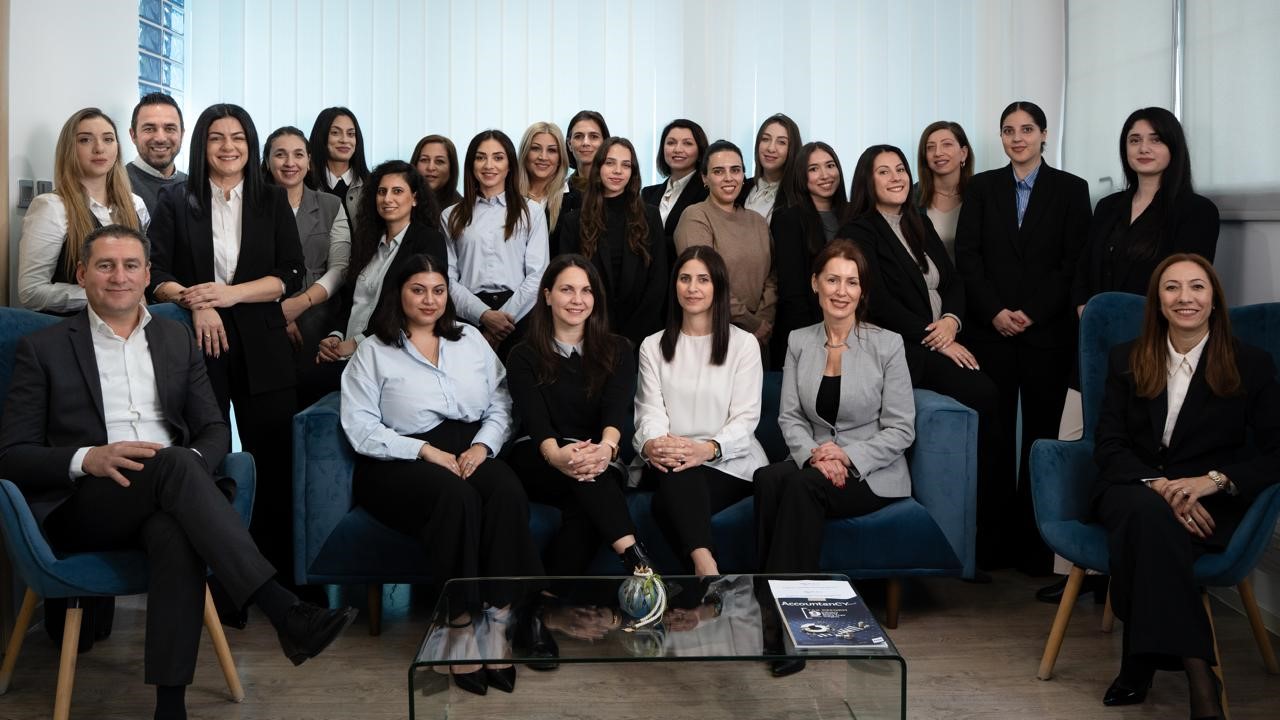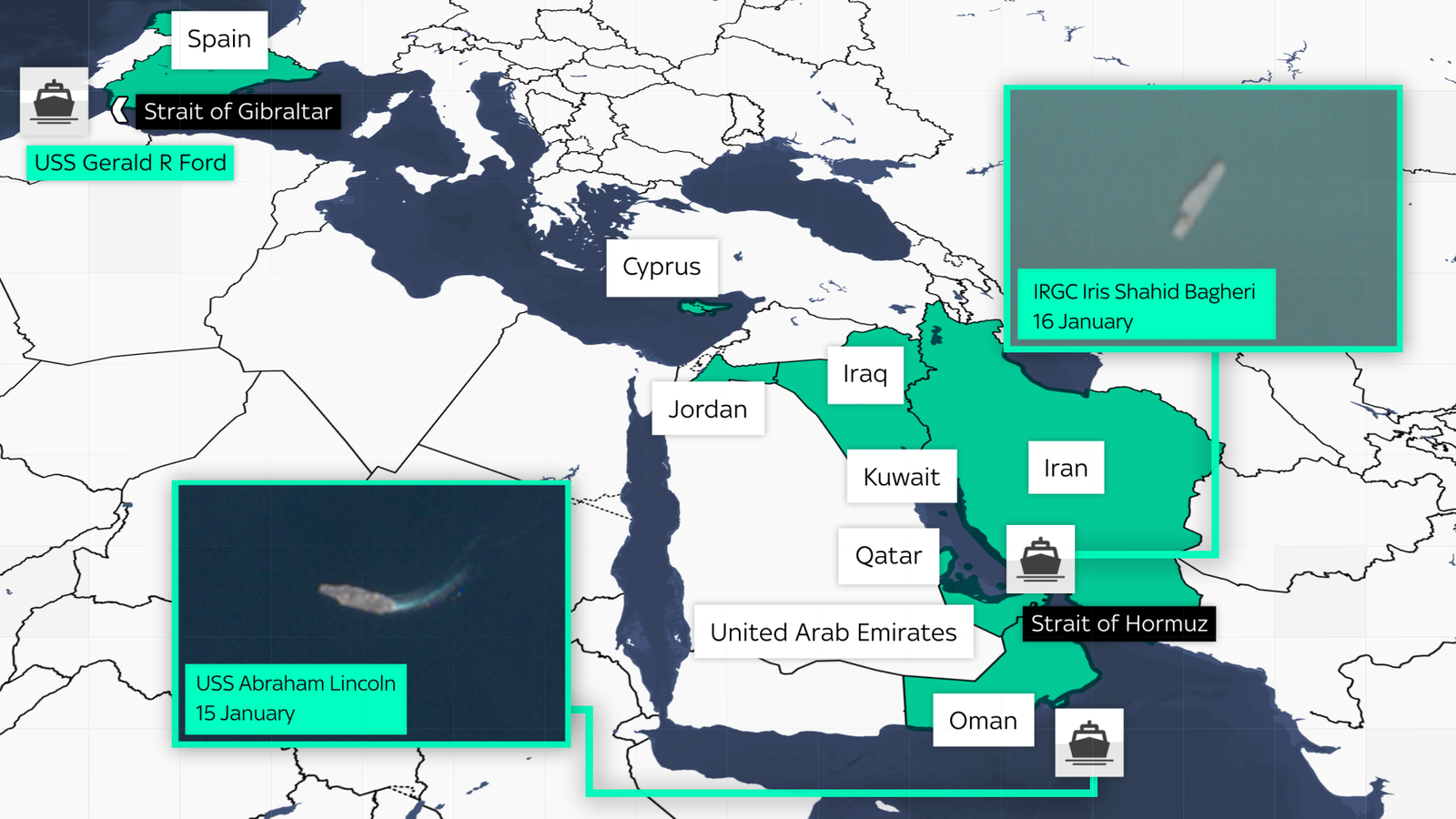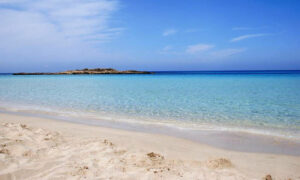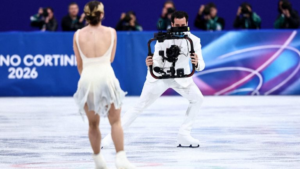The European Parliament has backed new rules to improve the quality and access to drinking water for everyone as is steps up the fight against plastic waste. MEPs voted in favour of an update of the rules to increase consumer confidence and encourage the drinking of tap water.
MEPs call on EU countries to “promote universal access” to clean water for everyone, especially vulnerable groups with no or only limited access.
The new legislation aims to further increase tap water quality by tightening the maximum limits for certain pollutants such as lead (to be reduced by half), or harmful bacteria and introduces new caps for the most polluting substances found in tap water. Levels of microplastics will also be monitored. The new rules would also increase transparency and provide consumers better access to information.
Drinking tap water is cheap and environmentally friendly. Members want measures such as installing free fountains in public places – including shopping centres and airports – where feasible and encouraging the provision of tap water in restaurants.
Figures show that consumption of tap water in Cyprus is lower than the EU average. Most people in the EU have good access to high quality drinking water. According to a report by the European Environment Agency (2016), more than 98.5% of tests carried out on drinking water samples between 2011 and 2013, met EU standards.
The EU Drinking Water Directive sets minimum quality standards for water intended for human consumption (drinking, cooking, other domestic purposes), in order to protect consumers from contamination.
According to the European Commission, access to better quality water could reduce bottled water consumption by 17%. Less bottled water would help people save money and also have a positive impact on the environment, by reducing CO2 emissions and plastic waste.
According to the European Commission, access to better quality water could reduce bottled water consumption by 17%. Less bottled water would help people save money and also have a positive impact on the environment, by reducing CO2 emissions and plastic waste.
The Right2Water citizens’ Initiative gathered more than 1.8 million signatures, which shows how strongly Europeans feel about drinking water. Public consultation has shown they feel insecure about the quality of tap water when travelling in other EU countries, although compliance rates are high. They also wish to receive more up-to-date information on the quality of drinking water. The rules will now have to be negotiated and agreed with the Council in the next parliamentary term.
Edited by Bouli Hadjioannou

